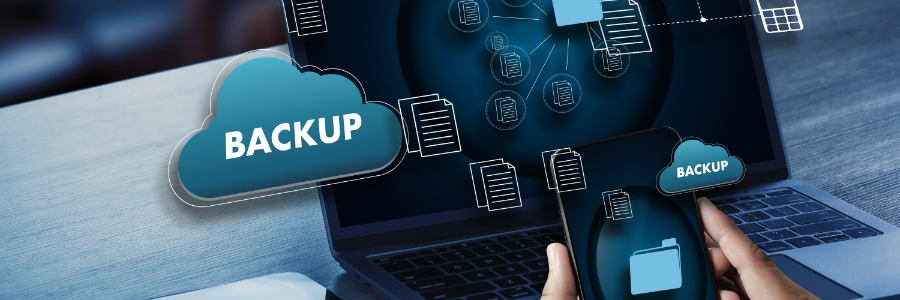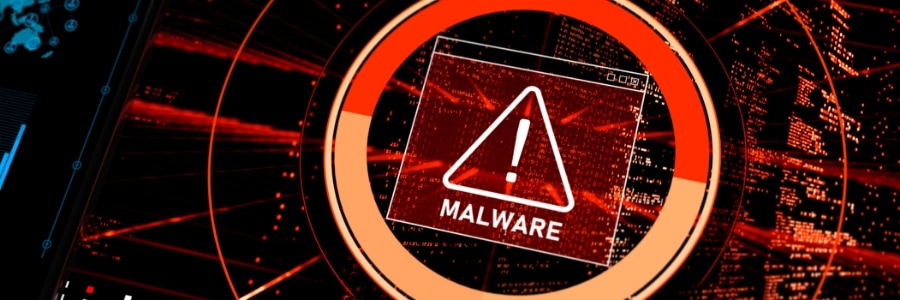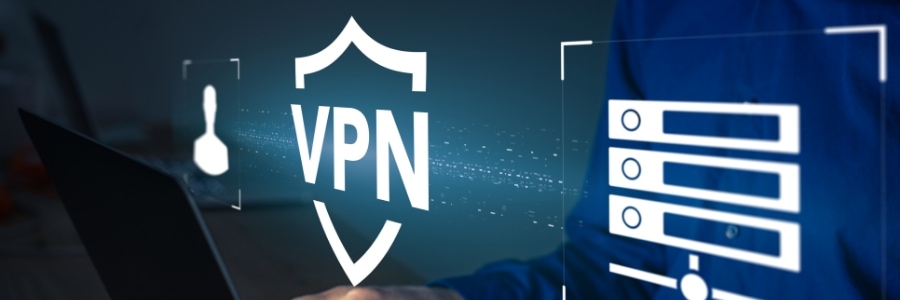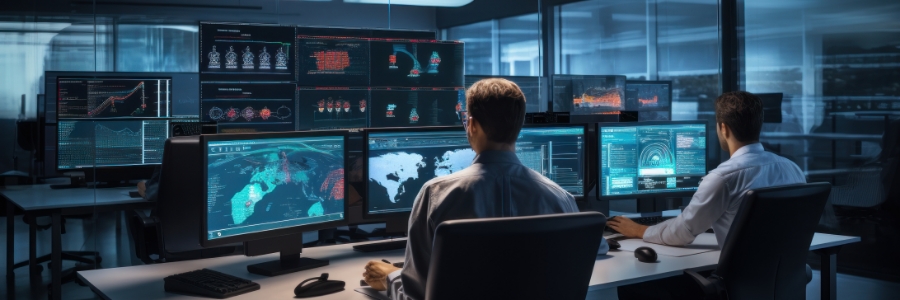Everyone from cybercriminals to government agencies can attempt to monitor and access your data on the internet. To protect yourself, you need a virtual private network (VPN), which encrypts data sent from your computer to the internet. However, not all VPNs are created equal.
Blog
Costly business continuity plan mistakes to steer clear of
5 Common ways SMBs’ systems can be breached
Connecting with your audience: Video as a brand building tool

Video marketing is a powerful tool for businesses to engage with their audience and elevate their marketing campaigns to new heights. As a business owner, incorporating video content into your marketing strategy can yield substantial benefits, from increased brand awareness to higher conversion rates.
Important cybersecurity terms every business owner should know

As technology advances, so do the risks associated with cyberthreats. Understanding basic cybersecurity terms is essential for business owners to protect their assets, data, and reputation. In the following sections, we'll explore key cybersecurity terms and concepts that every business owner should be familiar with.
Tips on how to protect your business from data loss

Data loss can lead to financial loss, reputational damage, and legal complications. Therefore, it's crucial for companies to implement effective strategies to prevent data loss and ensure the safety and integrity of their valuable information. Here are some tips and best practices that businesses can follow to minimize the risk of data loss.
Strengthening SMB cybersecurity with managed IT services

As technology continues to advance, small- and medium-sized businesses (SMBs) face increasing cybersecurity risks. Protecting sensitive data and maintaining a secure online environment is crucial for the success and longevity of SMBs, but without the right resources and expertise, this task can be daunting.
Why business intelligence matters

To outperform their rivals, businesses must harness the power of data to make informed decisions. With vast amounts of information at their disposal, organizations can utilize business intelligence (BI) to unlock valuable insights and drive growth. In this article, we explore the significance of BI and how it can revolutionize the way businesses derive value from their data.
Unveiling the invisible threat: Exploring the world of fileless malware

With its ability to evade traditional antivirus solutions, fileless malware poses a significant challenge to organizations and individuals alike, as it can cause severe damage without leaving any traces behind. In this article, we will delve into the intricacies of fileless malware, explore how it works, and discuss effective strategies to protect against this invisible threat.
From data to success: Leveraging dashboards for business growth

Businesses must not only collect data but also be able to analyze it effectively in order to make informed, data-driven decisions. This is where dashboards come into play. Dashboards serve as robust business intelligence tools that offer a visual depiction of important metrics and insights, enabling organizations to effectively monitor their performance.



